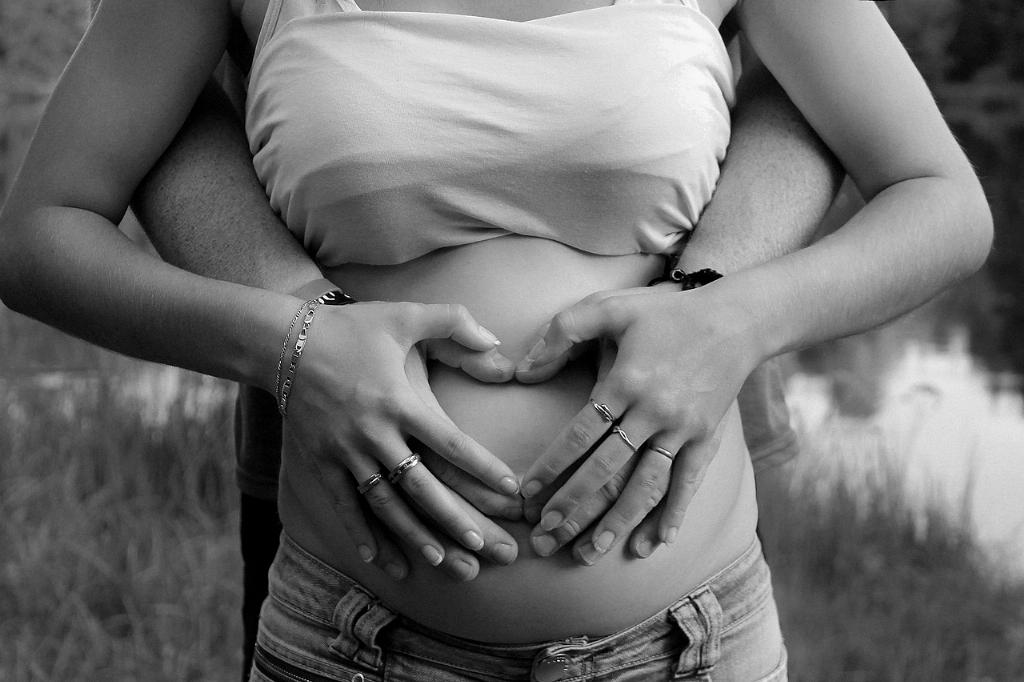When it comes to pregnancy and nutrition, it’s essential to carefully consider the impact of your dietary choices on both your health and the health of your developing baby. One prevalent question that often arises is whether a low-carb diet is safe during pregnancy.
Low-carb diets, known for their focus on reducing carbohydrate intake, can have various effects on pregnant individuals. It is important to recognize that carbohydrates play a crucial role in providing energy and essential nutrients, such as fiber, vitamins, and minerals, which are vital for a healthy pregnancy.
It’s important to note that going on a low-carb diet during pregnancy may lead to potential concerns regarding your baby’s weight and overall development. Carbohydrates are the primary source of energy for both you and your baby, supporting growth and development throughout the gestational period.
Moreover, low-carb diets often tend to be higher in fats to compensate for the reduced carbohydrate intake. While healthy fats are beneficial for fetal brain development and overall health, excessive consumption of fats, especially unhealthy saturated fats, may pose risks and impact your pregnancy outcome.
Restricting carbohydrates in your diet can also limit your intake of essential nutrients found in carbohydrate-rich foods, such as fruits, vegetables, and whole grains. These nutrient-dense foods provide a wide array of vitamins, minerals, and antioxidants that support both maternal health and fetal growth.
Furthermore, a low-carb diet may affect blood sugar levels, potentially leading to fluctuations that could impact your energy levels and overall well-being during pregnancy. Stable blood sugar levels are crucial for maintaining optimal health and preventing complications.
It’s essential to consult with a healthcare provider or a registered dietitian before making significant changes to your diet, especially during pregnancy. They can offer personalized guidance and recommendations based on your individual nutritional needs and health status.
Every pregnancy is unique, and what works for one person may not necessarily be suitable for another. Prioritizing a balanced diet that includes a variety of nutrient-rich foods is key to ensuring that you and your baby receive the essential nutrients for a healthy pregnancy.
While some women may choose to follow a low-carb diet for various reasons, it’s crucial to weigh the potential risks and benefits carefully. Your healthcare provider can help you make informed decisions that align with your nutritional needs and pregnancy goals.
Ultimately, the safety and efficacy of a low-carb diet during pregnancy depend on various factors, including your overall health, dietary preferences, and individual nutritional requirements. Always prioritize the well-being of both you and your baby when making dietary choices during this critical period.
In conclusion, while a low-carb diet may have certain benefits for some individuals, especially outside of pregnancy, it’s essential to approach dietary changes during pregnancy with caution and expert guidance. Ensuring that you maintain a well-rounded and nutrient-dense diet is key to supporting a healthy pregnancy and promoting optimal outcomes for both you and your baby.

